Ist die klassische Berufsausbildung überholt? Um die Ausbildung flexibler gestalten zu können, könnten 36 Level statt drei Ausbildungsjahre eingeführt werden.
Die Digitalisierung erhält immer schneller Einzug in die Ausbildungswelt. Azubis können sich ihre Arbeitsanweisungen mittlerweile aus der Cloud ziehen, Maschinen schon lange mit Tablets bedienen und in sozialen Netzwerken lernen. Und auch die Berufsbilder bleiben vom digitalen Wandel nicht unberührt. Doch nicht allen geht die Transformation von alter zu neuer Ausbildungswelt schnell genug.
Das neue Ausbildungsjahr beginnt zumindest schon ganz im Zeichen der Digitalisierung. Zum 1. August können sich junge Menschen bundesweit erstmals zum Online-Händler ausbilden lassen. "Kaufmann/Kauffrau für E-Commerce" heißt das neue Angebot offiziell. Es soll eine Antwort auf den seit langem boomenden Onlinehandel sein. Eine Antwort, die zehn Jahre zu spät kommt, kritisieren Experten denn auch – und wünschen sich mehr Schnelligkeit in Sachen Digitalisierung. Nichts anderes als die Zukunftsfähigkeit Deutschlands stehe auf dem Spiel.
"Die Ausbildung kommt nicht zehn Jahre zu spät, sondern genau rechtzeitig", sagt dagegen der Vizechef des Bundesverbands E-Commerce und Versandhandel Deutschland, Martin Groß-Albenhausen. Weil sie Fachkräfte forme, die vielleicht das "nächste große Ding im Handel" umsetzen würden. "Wir haben einen Beruf geschaffen, bei dem wir am ersten Tag der Ausbildung jedem Azubi sagen, dass er am Ende der drei Ausbildungsjahre vermutlich einiges, was er in den ersten Monaten lernt, nicht mehr anwenden wird." Der Handelsverband Deutschland geht von mehr als 1000 Onlinehandel-Azubis in diesem Jahr aus.
Learn more / En savoir plus / Mehr erfahren:
https://www.scoop.it/t/21st-century-learning-and-teaching/?&tag=rubric



 Your new post is loading...
Your new post is loading...





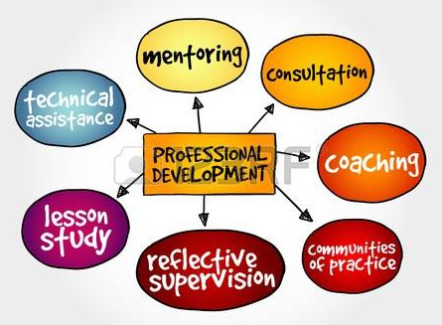
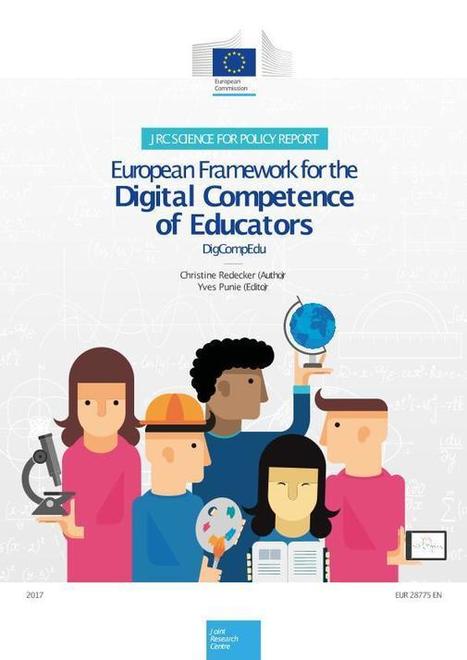
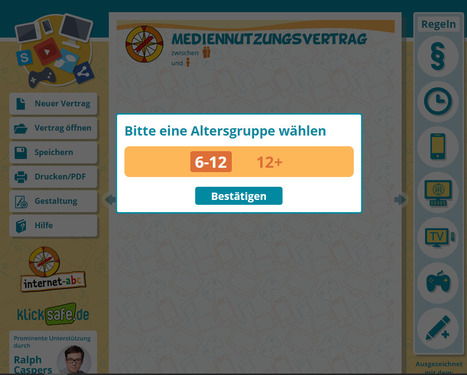

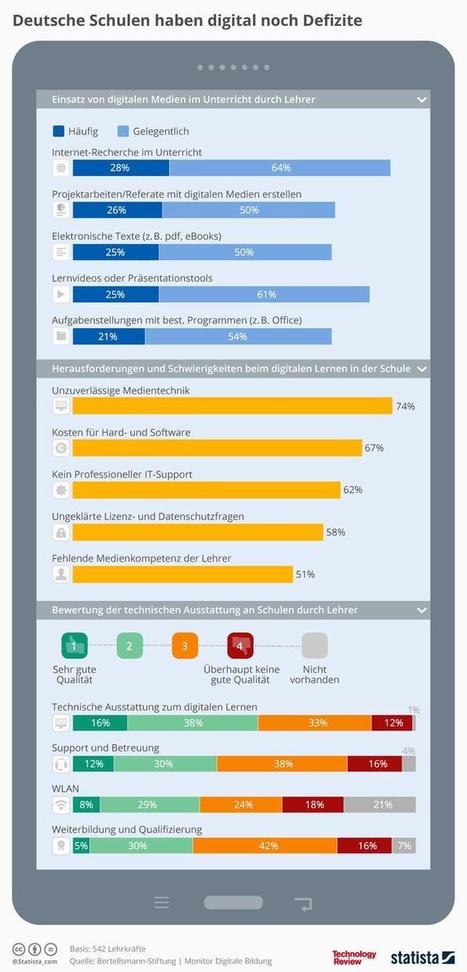
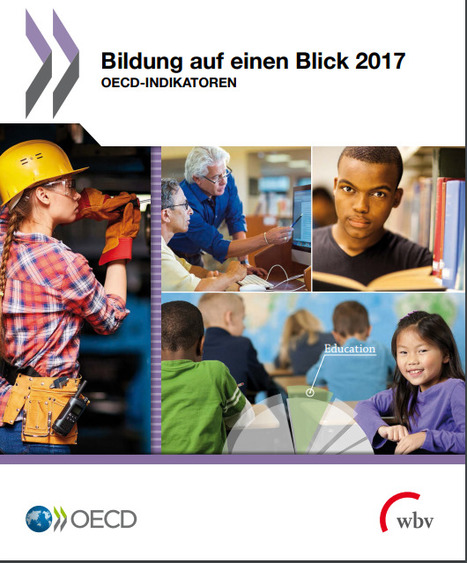


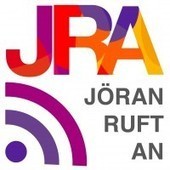






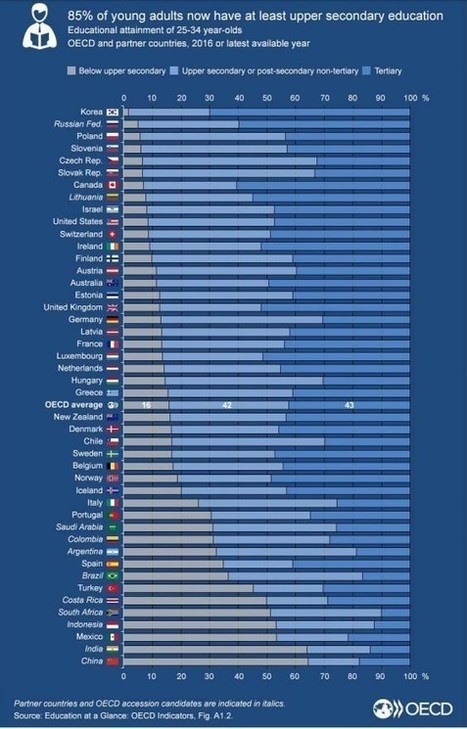










Ist die klassische Berufsausbildung überholt? Um die Ausbildung flexibler gestalten zu können, könnten 36 Level statt drei Ausbildungsjahre eingeführt werden.
Die Digitalisierung erhält immer schneller Einzug in die Ausbildungswelt. Azubis können sich ihre Arbeitsanweisungen mittlerweile aus der Cloud ziehen, Maschinen schon lange mit Tablets bedienen und in sozialen Netzwerken lernen. Und auch die Berufsbilder bleiben vom digitalen Wandel nicht unberührt. Doch nicht allen geht die Transformation von alter zu neuer Ausbildungswelt schnell genug.
Das neue Ausbildungsjahr beginnt zumindest schon ganz im Zeichen der Digitalisierung. Zum 1. August können sich junge Menschen bundesweit erstmals zum Online-Händler ausbilden lassen. "Kaufmann/Kauffrau für E-Commerce" heißt das neue Angebot offiziell. Es soll eine Antwort auf den seit langem boomenden Onlinehandel sein. Eine Antwort, die zehn Jahre zu spät kommt, kritisieren Experten denn auch – und wünschen sich mehr Schnelligkeit in Sachen Digitalisierung. Nichts anderes als die Zukunftsfähigkeit Deutschlands stehe auf dem Spiel.
"Die Ausbildung kommt nicht zehn Jahre zu spät, sondern genau rechtzeitig", sagt dagegen der Vizechef des Bundesverbands E-Commerce und Versandhandel Deutschland, Martin Groß-Albenhausen. Weil sie Fachkräfte forme, die vielleicht das "nächste große Ding im Handel" umsetzen würden. "Wir haben einen Beruf geschaffen, bei dem wir am ersten Tag der Ausbildung jedem Azubi sagen, dass er am Ende der drei Ausbildungsjahre vermutlich einiges, was er in den ersten Monaten lernt, nicht mehr anwenden wird." Der Handelsverband Deutschland geht von mehr als 1000 Onlinehandel-Azubis in diesem Jahr aus.
Learn more / En savoir plus / Mehr erfahren:
https://www.scoop.it/t/21st-century-learning-and-teaching/?&tag=rubric